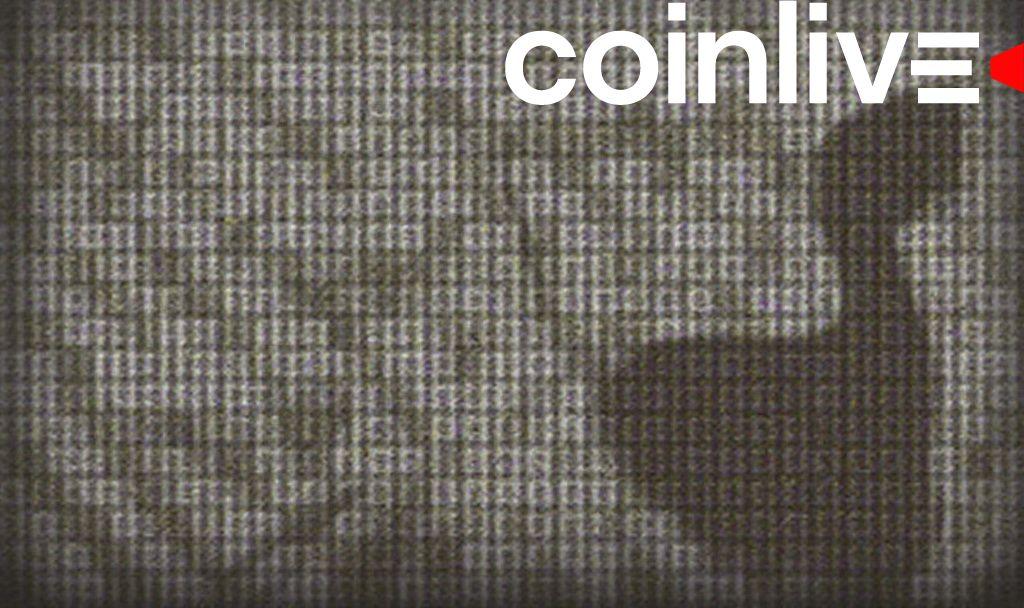- Consumer confidence spike recorded in May 2025.
- Biggest increase since 2021.
- Rebound follows US-China trade deal.

The resurgence in consumer confidence indicates the potential for improved economic activity, driven by optimism following US-China trade relations easing.
The consumer confidence index rose to 98.0, achieving the most significant monthly gain in four years. The increase breaks a sequence of five-month declines and parallels previous situations where improved consumer sentiment supported risk assets, including cryptocurrencies.
The Conference Board reported the boost in consumer sentiment, attributed to falling gas prices and eased trade tensions. The improvements came before the May 12 U.S.-China trade agreement, with Stephanie Guichard emphasizing gains in consumer expectations.
“Consumer confidence improved in May after five consecutive months of decline. The rebound was already visible before the May 12 US-China trade deal but gained momentum afterwards. The monthly improvement was largely driven by consumer expectations as all three components of the Expectations Index…rose from their April lows.” — Stephanie Guichard, Senior Economist, The Conference Board
The heightened consumer confidence often correlates with increased appetite for risk-bearing assets. Historically, similar rises have positively impacted sectors like cryptocurrencies, notably Bitcoin and Ethereum, alongside governance and DeFi tokens.
The macroeconomic indicator highlights a reduced risk environment as conditions stabilize. This indirectly supports assets perceived as riskier, though immediate crypto market reactions are yet to be quantified.
While no direct cryptocurrency data connects to the index’s rise, market watchers will likely monitor potential shifts in trading volume on exchanges, reflecting investor sentiment shifts in response to improved economic outlooks.
Outcomes following enhanced consumer confidence could include strengthened equities and an uptick in crypto valuations. The pattern observed in past market cycles suggests similar dynamics could play out, contingent on broader economic conditions and market psychology.








